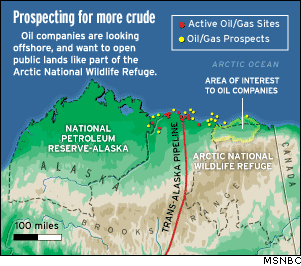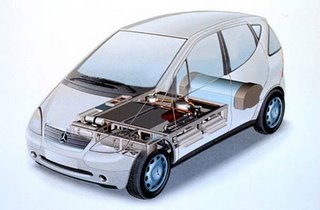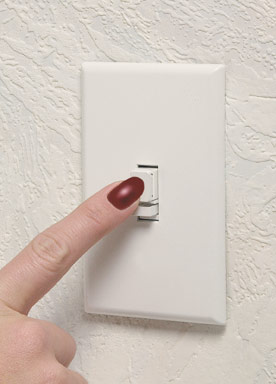America is addicted to oil. No really, America is addicted as in physically and psychologically dependent on oil.
For nearly 30 years the world has been flush with oil and the signs of addiction weren’t there. However, when supplies got harder to find we started behaving like the addicts we are. While trying to maintain an air of respectability we would find ourselves, hat in hand, begging the world’s biggest pusher, Saudi Arabia, for a bigger fix. We let lesser drug lords, Venezuela, Russia, and Iran have their way for fear of a drop in our mainline.
Meanwhile at home we are willing to tear up the yard - off shore and ANWR - looking for that stash we know is there. Even though it will be years before we can get our fix, just the knowledge it is coming is somehow comforting.
No matter what the price, we pay. We accumulate massive unpayable debt, reflected in our trade deficit, and ruin our credit, reflected in the shrinking dollar. No monetary price is too great as long as we get our fix.
All the while we realize our dependence on fossil fuels is causing long term and perhaps terminal damage to our environmental health. Nonetheless, we can’t seem to bear the pain of withdrawal or the process of transition to new alternative behaviors so we continue to look for new ways to feed our habit regardless of the cost to ourselves and our children. Given that America is addicted to oil, what is the solution?
Increasing supply in any form is certainly not the answer. Opening offshore drilling or the strategic petroleum reserve or gas tax holidays only obscures the problem and delays the solution. This is like relaxing border restrictions or releasing contraband onto the street to help with a crack epidemic.
We believe, as has been advocated in editorials, Op-Ed columns, and letters to the editor that a good place to start would be with a healthy increase in the gasoline tax. We believe that this would act like an Antabuse for our oil addiction. Antabuse is a drug given to alcoholics to discourage them from drinking. In the same way a healthy increase in gasoline prices would discourage our oil addiction as has been repeatedly shown to happen wherever they have been applied.
We understand that such taxes would precipitate withdrawal symptoms as they did when OPEC raised prices. Therefore we advocated rebating the tax back to the consumer at a flat rate so the tax is revenue neutral but those who use less energy are rewarded by those who use more thus incenting everyone to seek recovery.
We realize that his would be the first step in a long and at times arduous task of recovery. As a people we would have to transform habits practiced for generations. There will always be the seductive sirens of oil tempting us back to our old destructive habits.
Nonetheless, we believe that a gasoline tax would have an impact far beyond its inherent effectiveness. The most important step in recovery is when the afflicted acknowledge the problem and make a sincere commitment to change. By making a commitment to permanently higher gasoline prices Americans would be acknowledging to themselves and the world we are finally willing to honestly deal with our addiction to oil.
Addiction can be a chronic relapsing disease whose outcome is never certain. Repeatedly, we have sought to change our behavior in 73, 79, 91, 2001 only to relapse when oil prices eased.
Addiction can lead to financial ruin and even be fatal. We are on our way to the former and perhaps headed for the latter.
The longer one lives with active addiction the harder it is to change. It is long past time we acknowledge the clinical reality that is our addiction to oil and made a concrete commitment to our own recovery.
Finally, when one does control their addiction they find themselves in a better place. An oil independent America would not be a land of hair shirts and ox carts but one of homegrown 21st century technology powering us into the future. We believe that future could and should start with a national pledge, in the form of a gasoline tax, to acknowledge and start treatment for our addiction oil.

































